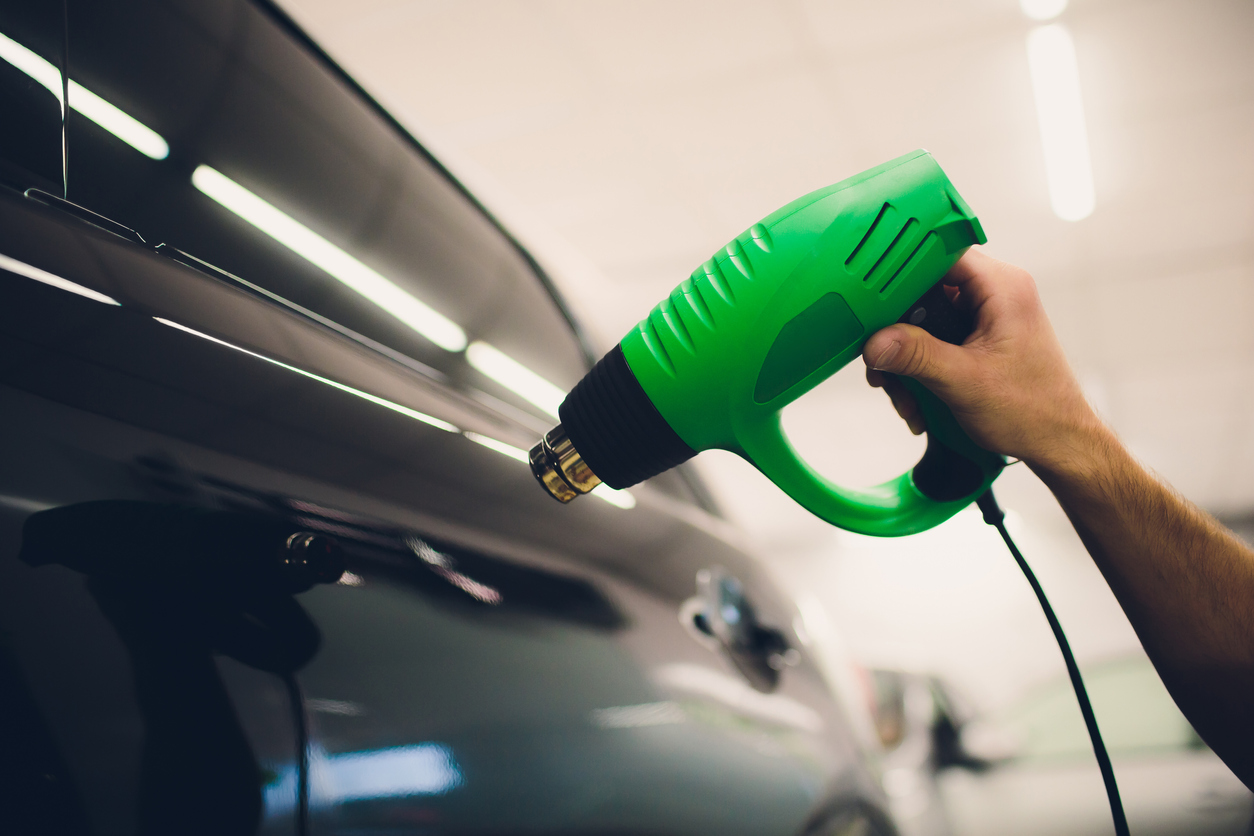Window Tint Laws in Philadelphia

Ryan Zavodnick | July 17, 2023 | Pennsylvania Law
Window tinting serves many purposes and is quite popular among Philadelphia motorists. However, its usefulness does not grant users carte blanche to tint their windows as they see fit.
Indeed, there are a number of rules and regulations that dictate how and for which vehicles window tinting is permitted. Violating these provisions can lead to an expensive penalty.
What Is Window Tinting?
Window tinting is the act of using a material or substance to block a percentage of the light that enters a vehicle. It is a very common practice, and many companies offer car window tinting services.
Several types of window tinting exist, including the following:
- Dyed Film: made of multiple layers of dyed film that work in concert to block light
- Metalized: uses metal microparticles to block light
- Hybrid: uses a combination of dyes and metal particles
- Carbon: uses small carbon particles to block light
- Ceramic: considered one of the top forms of tinting that does not fade over time
Crystalline is another type of tinting. However, although it blocks UV rays efficiently, it is completely transparent and offers no privacy.
Window Tinting Laws in Philadelphia
Window tinting laws in Philadelphia mirror those enacted by Pennsylvania. They are known to be among the harshest in the country and vary by vehicle type. Authorities use the visible light transmission (VLT) unit to determine whether a vehicle’s windows are too dark.
VLT measurements are taken as a percentage. For example, if a window’s VLT is 100%, that window lets in 100% of the light being transmitted. If a window’s VLT is 60%, it only lets in 60% of light and blocks out 40%.
In every case, vehicles driving in Philadelphia and throughout the state must have windshields that measure over 70% VLT, though the top three inches of the windshield may be darkened. The driver-side windows on all vehicles must also be set at a VLT over 70%.
From there, whether the other windows of a vehicle must follow tinting rules depends on the type of vehicle in question.
Sedans
In addition to the driver-side windows, sedans must have passenger-side windows and the rear window set at over 70% VLT.
SUVs and Vans
SUVs and vans, by contrast, need not follow any tinting limits for passenger-side windows. Nor do they have any tinting regulations for the rear window.
Reflective and Mirrored Tinting
Reflective tinting does a great job of repelling the heat. However, both reflective and mirrored tinting are prohibited in Philadelphia. These types of tints reflect the sun into the eyes of other motorists and cause visibility problems and car accidents.
Medical Exemption
Medical exemptions to some of the tinting rules are available for individuals suffering from certain conditions, including the following:
- Albinism
- Solar urticaria
- Systemic lupus erythematosus
- Xeroderma pigmentosum
When people who suffer from these conditions are exposed to too much sun, they can get sick or die. Hence, they are permitted to tint their windows darker than is normally allowed by law. Those in need of a tinting exemption for medical reasons must have an appropriate medical professional certify their condition.
Tint Colors
Generally speaking, there are no color restrictions for tinted windows in Philadelphia or Pennsylvania. However, if you are applying for a medical exemption, you must use a colorless product to filter the UV rays from your vehicle.
What Are the Penalties for Non-Compliant Window Tints in Philadelphia, PA?
The police are permitted to pull you over if they suspect your tint to be out of compliance. Currently, a ticket will cost you just over $100 for violating any of the various provisions. If you are unsure about your vehicle’s current VLT, visit a local tint shop to test it.
Contact Our Car Accident Law Firm in Philadelphia Today To Get Help With Your Case
To learn more and get the help you deserve, call Zavodnick & Lasky Personal Injury Lawyers at (215) 875-7030 or contact us online.
You can also visit our law firm at 123 S Broad St #1220, Philadelphia, PA 19109.

